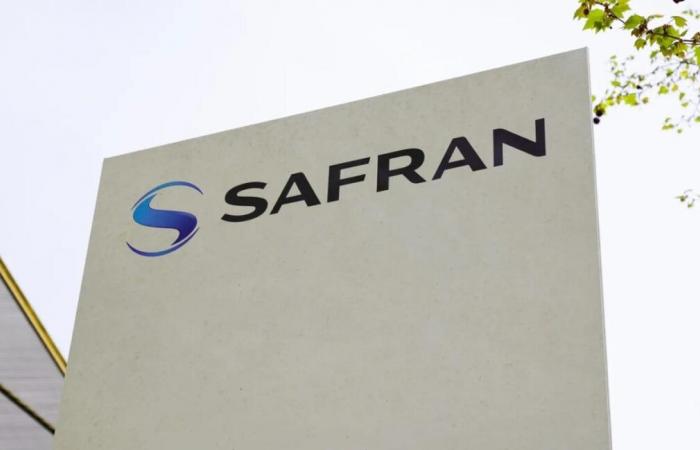Monday, April 14, 2025, the CEO of Safran Olivier Andriès was questioned by a commission of inquiry of the National Assembly on the brakes on reindustrialisation. He announced that he would avoid in the future, “To invest in France in a city held by an ecological majority”after alleged attacks carried out by “ecological” activists against a factory project in Rennes: “If it is to be welcomed by tomatoes when you create 500 jobs in a region, it is not worth it.”
Attacking ecology and environmentalists is apparently become a national sport in some. However, it is not a crime of lese majesty for local elected officials to question the nature of the companies that are established on their territory.
first of all, let us specify – since the question was seriously asked – that there has never been a “tomato jet” in this storybut simple questions expressed by elected local environmentalists.
And for good reason: Mr. Andriès forgets to mention several key elements in this file.
The first is that the opposition of environmentalists has not prevented the project, which will be made since the ceremony for laying the foundation stone will take place soon. One year before the municipal elections, this very political position of an industrialist questions us.
The second being that this area of activity on a land bought in Stellantis by local communities has since originally been argued on activities related to the ecological transition (decarbonized mobility and sustainable construction). Aviation, which represents 2.5% of global emissions, and 5% of global warming, does not fall into this category.
The third is that The whole assembly was carried out behind the back of the local environmentalistswhich were brought before the fait accomplished by their socialist partners, while this project sustainably challenged the commitments made collectively for a reindustrialisation of this area of activity turned towards the ecological transition. Ecologists had other ambitions, which were previously shared by the other local elected officials, both in the metropolis and in the region, but who were undermined by the decision to accept Safran’s proposal.
Moreover, Installing an industry is thinking about the future of a territory over several decades. In view of climatic emergencies, other solutions, which were under study, in particular with SMEs/SMIs in the territory and beyond, could have been privileged. Especially since there is no aeronautical ecosystem on the Rennes territory. The choice of Safran is therefore not part of a local history, nor in a local value chain. We, environmentalists, believe that the country would benefit from having a coherent overall industrial plan.
Finally, it should be noted that Mottage to employment does not make an industrial policy. The use is key, the question of its sustainability too. The question to ask is therefore rather to know how the jobs created by Safran will be durablesin particular in the event of surge in the cost of energy.
It is also because Safran required a stability in energy costs over 10 years – which does not fall under the competence of a local authority – that the company has given up installing another factory in the Metropolis of Lyon, while its ecological president Bruno Bernard was ready to welcome him, where the LR region threatened to suppress its funding …
The little sentence of Mr. Andriès is in truth very far from the reality of our approach to the industrial question. Elected ecologists work and meet economic and industrial actors on a daily basis who integrate the ecological question at the heart of their model.
On April 28, elected officials from Rennes are organizing a public debate on the industrial future of the territory, in the presence of Charles Fournier, environmental deputy of Indre-et-Loire, who has been carrying out a Tour de France in the green industry for two years.
Mr. Andriès is welcome to go Beyond his prejudices and small sentences.








